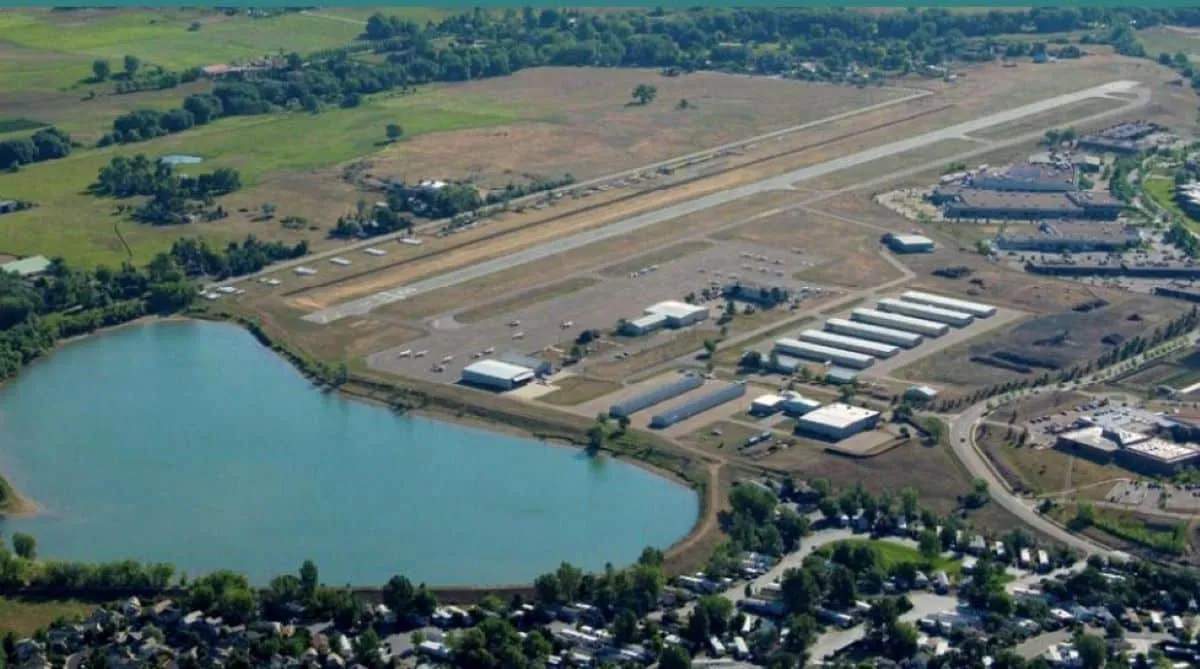Boulder Chamber opposes airport closure proposal

The Boulder Chamber is staking out a position in opposition to a ballot measure that would decommission Boulder Municipal Airport for the purpose of building below-market-rate housing on the site.
THIS ARTICLE IS FOR SUBSCRIBERS ONLY
Continue reading for less than $3 per week!
Get a month of award-winning local business news, trends and insights
Access award-winning content today!
Already have a paid subscription?





